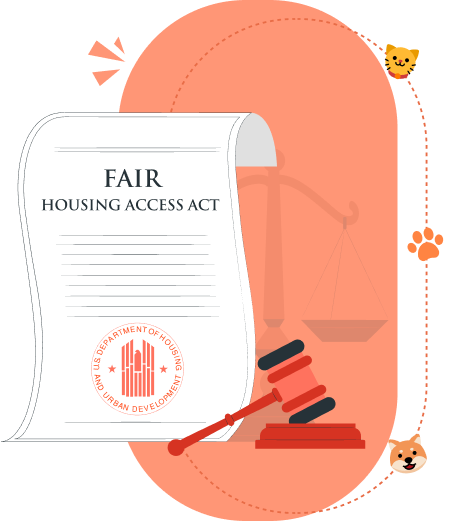Bringing Your ESA to Work in Pennsylvania
Pennsylvania doesn’t have a specific law that allows employees to bring emotional support animals to the workplace. However, under ADA and PHRA, employers may allow it as a reasonable accommodation. Each request should be reviewed individually on a case-by-case basis.
Tips for Requesting ESA Accommodation at Work
If you believe your ESA helps manage your mental health at work:
Submit a written request > Provide valid documentation > Be cooperative > Respect company policies
Pricing
PSD Letter
Reviews
ESA By States
ESA Laws
Resources


